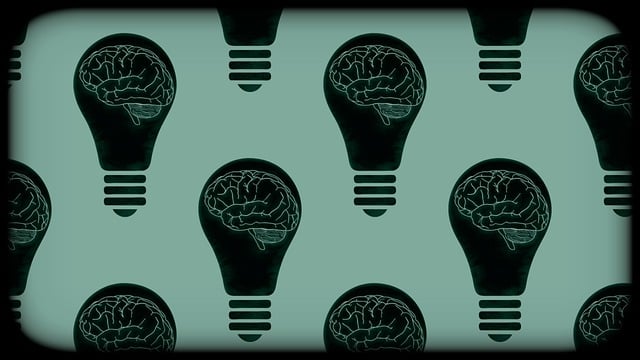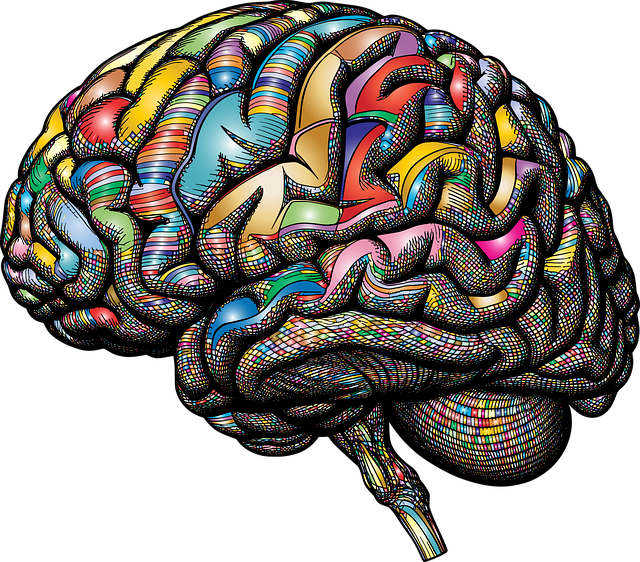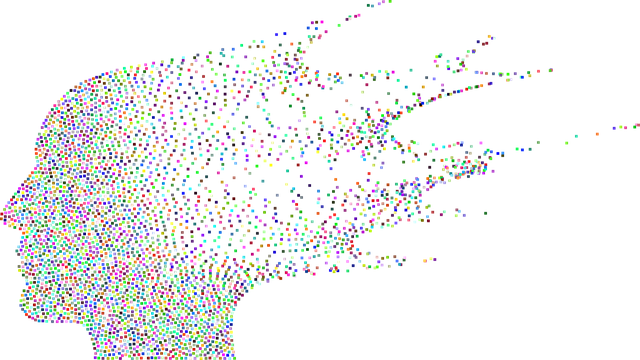The pervasive stigma surrounding mental illness, including Parker Autism Spectrum Disorder (ASD), creates significant challenges for individuals across demographics, leading to social isolation and barriers to essential therapy services. Education and awareness, through initiatives like Compassion Cultivation Practices in schools and a Mental Wellness Podcast Series, are powerful tools to combat this stigma. Effective communication strategies, such as clear language and active listening, further promote understanding and dispel myths about Parker ASD Therapy. Reducing stigma is crucial for fostering inclusivity, empowering individuals with ASD to manage their cognitive processes, and encouraging open conversations that build community resilience.
Mental illness stigma remains a significant barrier to treatment, yet reduction efforts are gaining momentum. This article explores comprehensive strategies to combat this pervasive issue. We delve into the causes and profound impact of mental health stigma, highlighting its effect on individuals’ well-being. Education and awareness campaigns play a pivotal role in fostering understanding. Effective communication techniques are presented to foster empathy and break down social barriers. Additionally, we focus on supporting individuals with Parker Autism Spectrum Disorder (ASD) through therapy, advocating for acceptance and inclusive practices.
- Understanding Mental Illness Stigma: Causes and Impact
- The Role of Education and Awareness in Reducing Stigma
- Effective Communication Strategies to Break Down Barriers
- Supporting Individuals with Autism Spectrum Disorder (ASD) in Challenging Stigma
Understanding Mental Illness Stigma: Causes and Impact

Stigma surrounding mental illness is a pervasive issue that affects individuals across diverse demographics, including those with conditions like Parker Autism Spectrum Disorder (ASD). This societal prejudice often stems from misinformation, fear of the unknown, and cultural misconceptions about mental health. The consequences are profound, leading to social isolation, discrimination in various settings, and even barriers to accessing essential therapy and support services.
Individuals living with ASD, for instance, may face unique challenges as they navigate a world that sometimes fails to understand their experiences. Stigma can hinder their access to appropriate therapy, such as Parker Autism Spectrum Disorder therapy, and Emotional Well-being Promotion Techniques, contributing to feelings of isolation and diminished mental wellness. Promoting understanding and Depression Prevention through education and open dialogue are crucial steps towards reducing stigma and fostering an environment where everyone can prioritize their mental health.
The Role of Education and Awareness in Reducing Stigma

Education and awareness play a pivotal role in reducing the stigma surrounding mental illness, including conditions like Parker Autism Spectrum Disorder (ASD). By integrating Compassion Cultivation Practices into educational settings, schools can foster an environment that promotes understanding and empathy among students. This approach not only helps to dispel myths about ASD but also encourages the development of coping skills for all learners, thereby creating a supportive ecosystem where everyone feels valued and respected.
Through comprehensive programs that teach about different mental health conditions, their symptoms, and effective strategies for support, communities can cultivate a culture of care. This includes teaching techniques for Anxiety Relief, which is often a co-occurring issue with ASD. By equipping individuals with the knowledge to recognize signs of distress in themselves and others, we empower them to seek help without fear of judgment or stigma. Such efforts ensure that people living with ASD receive the appropriate therapy, like Parker ASD therapy, and develop coping mechanisms tailored to their unique needs.
Effective Communication Strategies to Break Down Barriers

Effective communication strategies are vital tools in the fight against mental illness stigma. By employing simple yet powerful techniques, individuals can break down barriers and foster understanding. One such method is using clear and non-stigmatizing language when discussing mental health topics, avoiding medical jargon that might alienate or confuse listeners. For instance, a Mental Wellness Podcast Series Production can effectively communicate complex issues like Parker Autism Spectrum Disorder Therapy in everyday terms, making it relatable to a broader audience.
Additionally, active listening plays a significant role in stigma reduction. Encouraging open dialogue and creating safe spaces for individuals to share their experiences without fear of judgment allows for the exchange of diverse perspectives. This approach, often incorporated into Crisis Intervention Guidance, can lead to more empathetic interactions and help dispel myths associated with mental illness. Through such communication strategies, communities can build resilience and promote a culture that embraces mental wellness.
Supporting Individuals with Autism Spectrum Disorder (ASD) in Challenging Stigma

Reducing stigma surrounding Parker Autism Spectrum Disorder (ASD) therapy is an essential step towards creating a more inclusive society. Individuals with ASD often face challenges related to understanding and managing their unique cognitive processes, which can lead to misconceptions and discrimination. One effective approach to combating this stigma is by promoting awareness about the benefits of therapy. Many therapies, such as those incorporating mindfulness meditation and conflict resolution techniques, have proven successful in helping individuals on the spectrum develop coping strategies and enhance their overall well-being.
Encouraging open conversations about ASD and its therapeutic interventions can dispel myths. For instance, teaching positive thinking exercises can empower people with ASD to navigate social interactions more effectively. By embracing diverse approaches like these, we can foster an environment where individuals with ASD are supported, understood, and encouraged to thrive.
Mental illness stigma is a complex issue that can be tackled through education, awareness, and effective communication strategies. By understanding the causes and impact of this pervasive barrier, we can foster an environment where individuals with mental health challenges feel supported and valued. The article has explored various approaches, including the role of therapy for Parker Autism Spectrum Disorder (ASD), to challenge stigma. These efforts are crucial in promoting empathy, reducing discrimination, and ensuring everyone receives appropriate care and support. Together, we can create a more inclusive society where mental well-being is prioritized and celebrated.













